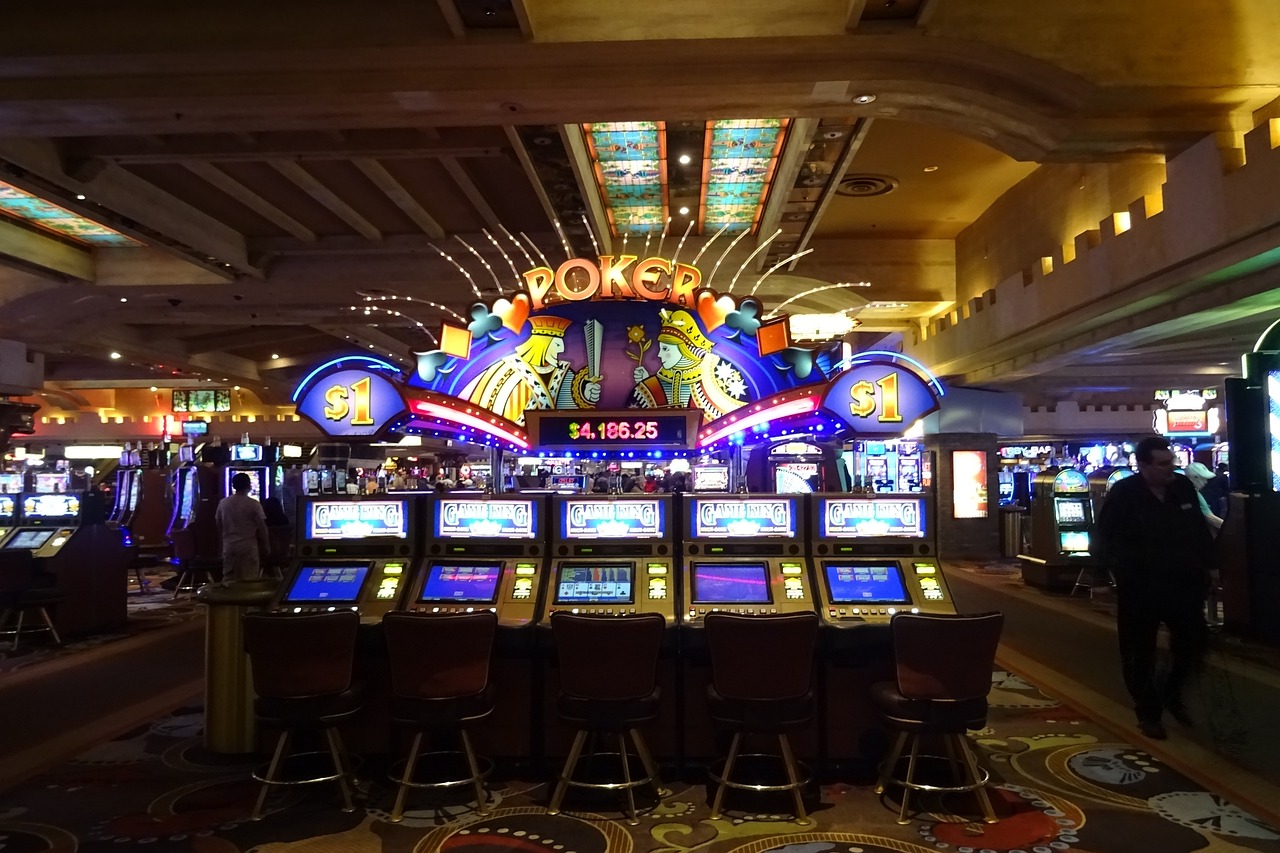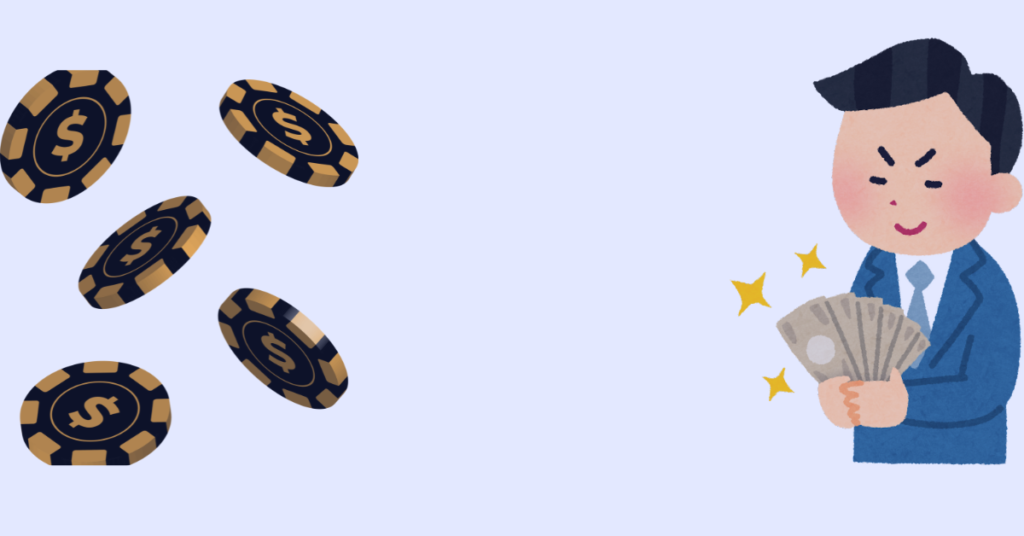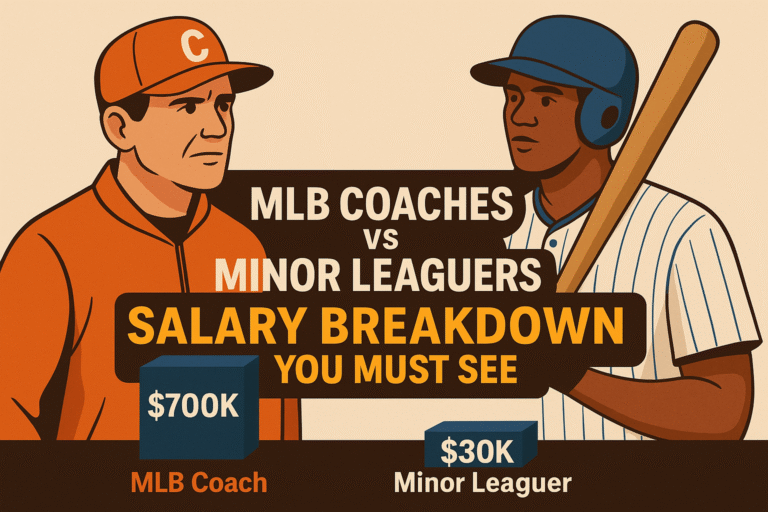
“The Legalities of Slot Machine Ownership: Can You Own One and Operate It for Profit?”
Do You Need a License to Have Slot Machines in 2025?
Yes, operating a slot machine requires a license. While local regulations may vary, most jurisdictions require gambling licenses for both online and land-based operations. To maintain equity and adherence to regional regulations, slot machines are subject to regulations.
The exact requirements vary by country, state, or region. In general:
-
Gambling Licenses: Operators must obtain a gaming or gambling license to legally run slot machines, whether in a casino, gaming hall, or online platform.
-
Regulations: Slot machines are highly regulated to ensure fairness, security, and compliance with local laws, including age restrictions and tax obligations.
-
Types of Licenses: Different licenses may be required for land-based and online slot machine operations, with some regions offering specific licenses for different types of gambling.
-
Penalties: Operating slot machines without a proper license can result in hefty fines, business closure, or criminal charges.
Some of the key requirements for obtaining a gambling license to operate slot machines include:
- State Regulations: The Nevada Gaming Control Board and the New Jersey Division of Gaming Enforcement are two examples of the state-specific regulatory agencies that keep an eye on gambling. You must apply for a license and fulfill the requirements set forth by the state in order to operate slot machines lawfully.
- Age Restrictions:To own or operate slot machines that pay out real money, you typically need to be at least 21 years old.
- Background Checks: To make sure there is no history of criminal activity or involvement in illegal gambling, those applying for licenses frequently go through extensive background checks.
- Taxation and Reporting: Operators are also required to report revenue generated by slot machines and pay taxes accordingly.
What is a Slot Machine?
A slot machine is a type of gambling machine that uses a set of symbols on rotating reels to produce random outcomes and give players the chance to win. Because of the lever used to control them in conventional models, they are frequently referred to as “one-armed bandits.”
Even though the majority of slot machines are now computerized, the basic idea is still the same: players put money in, spin the reels, and then win or lose depending on the result.
They are a well-liked option in casinos all over the world because of the possibility of huge payouts and the simple gameplay.
Can You Legally Own a Slot Machine?
In 2025, owning a slot machine is legal in certain circumstances, but it depends on where you live and the type of machine you own. Generally, owning a non-operational slot machine—one that cannot pay out money—is legal in most states. However, owning a functional, gambling-capable slot machine may require a license or be outright prohibited.
Non-Operational Slot Machines: In most states, you can legally own an old or collectible slot machine that is not connected to a payout system. These machines can be kept as decorations or part of a collection. However, they must be non-functional in terms of paying out real money.
Operational Slot Machines: To legally operate a slot machine for gambling, you must comply with local gambling laws, which typically involve obtaining a gaming license. This is especially true if you plan to use the machine for commercial purposes. For example, in states like Nevada and New Jersey, where gambling is highly regulated, you will need to obtain a specific license to operate a slot machine in a casino.
Is it Illegal to Run Your Own Casino?
Yes, running your own casino without the proper license is illegal in most states and countries. Casinos are heavily regulated establishments, and opening a private casino for gambling is a violation of gambling laws in places like the U.S. and the U.K.
Even if you own slot machines, using them for personal or unlicensed gambling is illegal. Operating a private casino without a license could result in fines or criminal charges. The regulations surrounding gambling aim to ensure fairness and prevent illegal gambling activities that may harm participants.
In some places, even hosting unlicensed gambling at private events can be considered illegal, especially if there is money exchanged.
How Profitable Are Slot Machines?

For casinos, slot machines can be extremely lucrative, and in certain situations, they account for a sizable amount of total revenue. Slot machines generate about 70% of a casino’s overall gaming revenue, according to a study by the American Gaming Association. A number of variables affect a slot machine’s profitability:
- Payout Percentage: The payout percentage (also known as Return to Player, or RTP) of slot machines normally ranges from 85% to 98%. This implies that, over time, the machine will give players back 85 to 98 cents for every dollar wagered, with the remaining amount going to the casino as profit.
- Location of the Machine: Machines that are positioned in busy areas of a casino or close to entrances tend to bring in more money. To position the most lucrative machines where they will be most frequently used, casinos frequently employ data analytics.
- Machine Types: Because of their captivating features and potential for big wins, video slots and progressive jackpot machines are typically more profitable. More players who are looking for large payouts are frequently drawn to these games.
However, for individual players, slot machines offer lower odds of winning compared to other casino games. The house edge ensures that casinos consistently profit from the machines.
What States Do Not Allow Slot Machines?
In 2025, the regulation of slot machines varies across the United States. While many states have legalized gambling and slot machines, some states maintain strict prohibitions on gambling activities.
- Hawaii: Hawaii is one of the few states that completely bans gambling, including slot machines. No form of gambling, including lotteries or casinos, is allowed in Hawaii.
- Utah: Utah also has some of the strictest gambling laws in the U.S. and prohibits all forms of gambling, including slot machines.
- Washington: While Washington state allows certain forms of gambling, such as tribal casinos, owning slot machines for private use is illegal. Washington also enforces strict regulations on illegal gambling activities.
In contrast, states like Nevada and New Jersey have fully legalized gambling and allow casinos to operate slot machines with the appropriate licenses. In these states, slot machines are commonly found in casinos, bars, and other entertainment venues.
Depending on where you live and how you plan to use it, it may be legal to own a slot machine in 2025. You’re usually okay if you want to own a slot machine that doesn’t work for your own use.
However, a gambling license is needed to operate a slot machine for gambling purposes, and this is governed by both state and federal laws.
Even though the odds are usually in the house’s favor, slot machines continue to be profitable for casinos, and operating your own casino without the required license is illegal.
To prevent any legal problems, it is crucial to comprehend your state’s gambling regulations before purchasing or using a slot machine.
- $10K/Month Baseball Academy? Setup & Revenue Blueprint - August 1, 2025
- Baseball Data Jobs Are Booming — Heres What They Pay - July 30, 2025
- Dream Baseball Job? Become a Sports Therapist in 2025 - July 29, 2025







